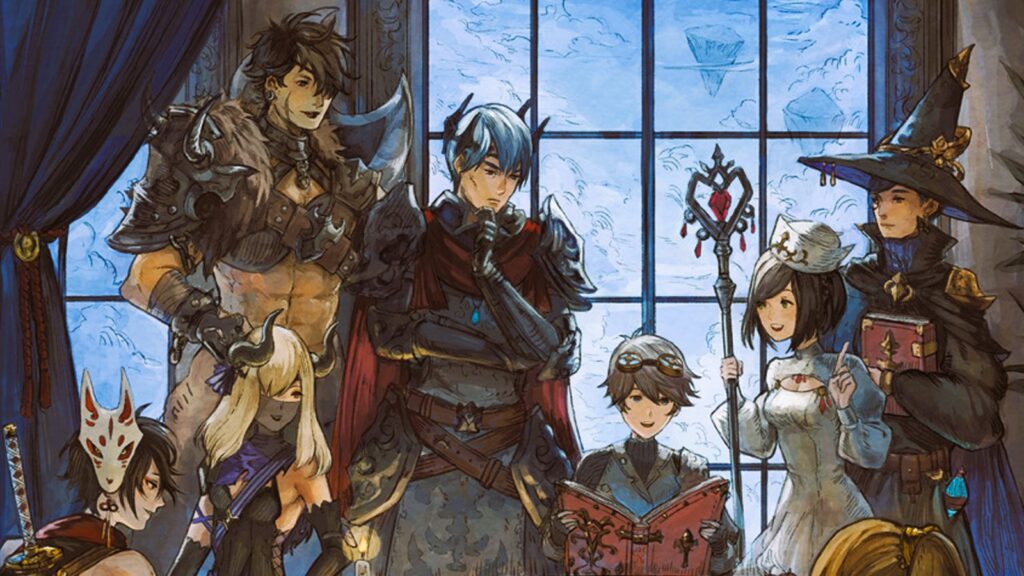Comparison Between Traditional Tabletop RPGs and Their Online Adaptations
Tabletop role-playing games (RPGs) have undergone significant transformations with the advent of digital technology, giving rise to online adaptations that offer new ways to experience these immersive and collaborative games. This article explores the key differences and similarities between traditional tabletop RPGs and their online adaptations, examining how each format impacts gameplay, community dynamics, and player engagement.
Traditional Tabletop RPGs: Foundations of Immersive Gameplay
Traditional tabletop RPGs have a rich history dating back to the 1970s, when games like Dungeons & Dragons (D&D) first introduced players to interactive storytelling and character-driven adventures. Central to the tabletop experience is face-to-face interaction among players seated around a physical table, guided by a Game Master (GM) who orchestrates the narrative and adjudicates rules.
- In-Person Interaction: One of the defining features of traditional tabletop RPGs is the physical presence of players, who engage in real-time dialogue, strategizing, and role-playing. This direct interaction fosters camaraderie, creative collaboration, and improvisational storytelling as players respond to each other’s actions and decisions.
- Tactile and Visual Elements: Traditional RPGs utilize physical components such as dice, miniatures, maps, and handouts to enhance gameplay immersion. These tactile elements allow players to visualize their characters’ movements, explore dungeon environments, and engage in tactical combat scenarios with a sense of spatial awareness.
- Social Atmosphere: Gathering around a tabletop encourages social interaction beyond the game itself, fostering friendships, shared experiences, and a sense of belonging within the gaming community. Players often develop inside jokes, memorable anecdotes, and long-lasting relationships through their tabletop RPG sessions.
Online Adaptations: Expanding the Digital Frontier

The rise of digital technology has facilitated the adaptation of tabletop RPGs into online formats, offering new opportunities for accessibility, flexibility, and global connectivity among players:
- Virtual Tabletop Platforms: Online adaptations like Roll20, Fantasy Grounds, and Tabletop Simulator replicate the traditional tabletop experience in a digital environment. These platforms feature virtual dice rolling, interactive maps, character sheets, and video/audio chat capabilities to simulate real-time gameplay interactions.
- Accessibility and Convenience: Online RPGs eliminate geographical barriers and scheduling conflicts by enabling players to participate from anywhere with internet access. This accessibility accommodates diverse player demographics, including those with busy schedules, physical disabilities, or limited local gaming communities.
- Enhanced Multimedia Integration: Digital adaptations leverage multimedia elements such as ambient soundtracks, dynamic lighting effects, and integrated rule systems to enhance immersion and streamline gameplay mechanics. Players can access extensive libraries of digital assets, modules, and community-created content to enrich their gaming experience. Read more about how to choose the best role-playing games for parties, read more here.
Comparison of Gameplay Dynamics
While both traditional and online RPGs share common thematic elements and gameplay mechanics, their respective formats influence gameplay dynamics in distinct ways:
- Pace and Flow: Traditional RPGs often feature a slower pace of gameplay, allowing for detailed exploration, in-depth role-playing, and spontaneous interactions among players. In contrast, online adaptations may prioritize streamlined mechanics and faster-paced encounters to maintain engagement during virtual sessions.
- Game Mastering and Player Agency: The role of the Game Master remains central in both formats, responsible for crafting narratives, managing NPCs, and adjudicating rules. However, online platforms may offer GMs tools for dynamic storytelling, including automated dice rolling, digital fog of war, and real-time text updates.
- Community and Networking: Traditional tabletop RPGs cultivate local gaming communities and in-person events such as conventions, game stores, and themed gatherings. Online adaptations foster global networking through virtual conventions, forums, and streaming platforms where players can share experiences, discuss strategies, and collaborate on creative projects.
Future Trends and Innovations

Looking ahead, tabletop RPGs are poised to continue evolving with advancements in virtual reality (VR), augmented reality (AR), and artificial intelligence (AI) technologies. These innovations promise to further blur the line between traditional and online RPG experiences, offering unprecedented levels of immersion, interactivity, and storytelling possibilities.
The comparison between traditional tabletop RPGs and their online adaptations underscores the diverse ways in which players can engage with immersive storytelling, collaborative gameplay, and community-building. Whether seated around a physical table or gathering online, tabletop RPGs continue to captivate players of all ages with their ability to inspire creativity, forge friendships, and transport participants into fantastical worlds of adventure.

